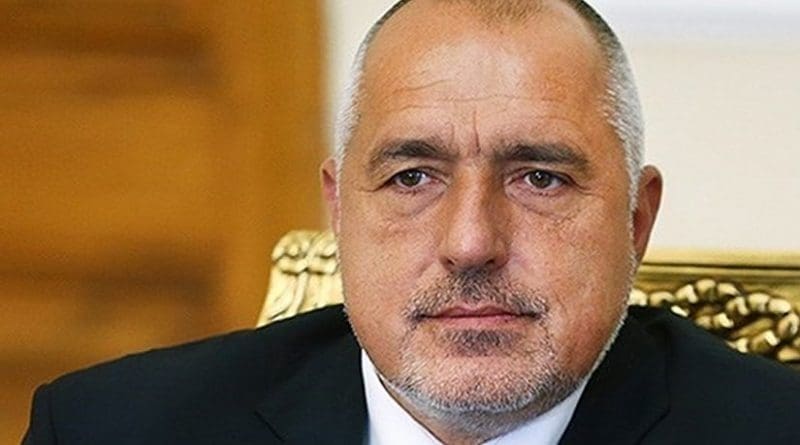Bulgaria: Borissov Sacrifices Ministers To Appease Protests
In a move to calm the wave of civic unrest in the country, the Prime Minister has demanded the heads of three cabinet ministers while insisting he has no intention of quitting himself.
By Svetoslav Todorov
Bulgaria’s ruling coalition comprising the centre-right GERB party and United Patriots on Thursday said it intended to remain in office until regular elections are due next March, despite growing anti-government protests and demands for it to resign coming from President Rumen Radev.
“Who of those protesting in the square is more experienced than us?” Prime Minister Boyko Borissov inquired on Thursday in a tougher and a more confident tone than in previous recent public appearances. “Wе’ll do a renovation of the cabinet,” he added.
He shrugged off the protest demands and the actions of the opposition “Da, Bulgaria” party, adding that if he did quit, “Da, Bulgaria”, now out of government, would have no partners with which to lead the country.
The reshuffle meanwhile started Wednesday night when GERB issued a press release saying Borissov sought the resignation of three key cabinet ministers – the ministers of Finance, Interior and Economy – alleging suspicious ties with controversial oligarch and politician Delyan Peevski, one of the targets of the current protests and of an earlier wave of protests in 2013 and 2014.
Finance Minister Vladislav Goranov has been associated with the oligarch for years and was pictured having a private meeting with him in 2010. Until yesterday’s events, his relationship with Borissov had seemed solid, however.
Interior Minister Mladen Mladenov had a difficult last week as criticism of police actions grew and videos of police brutality towards protesters became a hot topic in the country.
On Thursday, the deputy director of the Sofia police said police had arrested 13 people for violent actions on the night of July 14. The opposition “Da, Bulgaria” party has claimed the police are essentially under the control of Peevski’s DPS party.
Minister of Economy Emil Karanikolov, a member of the nationalist Ataka party, also has documented ties with Peevski, mainly through his profession as a lawyer. He became a subject of ridicule and criticism when he travelled to the OAE to secure a deal for 15 tonnes of medical equipment and kits in the early stages of the COVID-19 pandemic but came back with only three tonnes of medical aid and 12 tonnes of fruit.
Goranov, Mladenov and Nikolov were expected to officially resign later on Thursday.
President Rumen Radev, who has long been in conflict with Borissov and Prosecutor General Ivan Geshev, has repeatedly demanded the resignation of the government and of Geshev, seen by opposition voices as a figure who targets those who are uncomfortable for those in power. “The oligarchic model of authority is doomed,” Radev said in support of the protest actions.
The planned protest in Sofia on Thursday night was expected to be the biggest so far, and smaller towns are also due to join in.
Other events in support of the demonstrations in Bulgaria are being organised by students and immigrant communities across Europe in London, Manchester, Berlin, Cologne, The Hague, Brussels, Copenhagen and elsewhere. They will take place both on Thursday and in the coming days.

